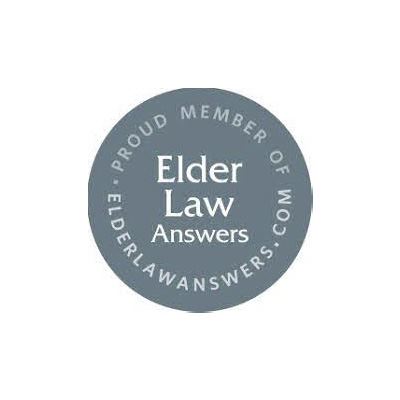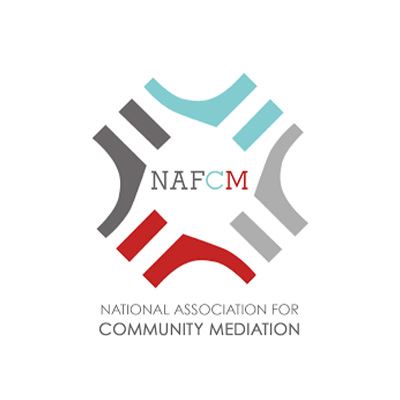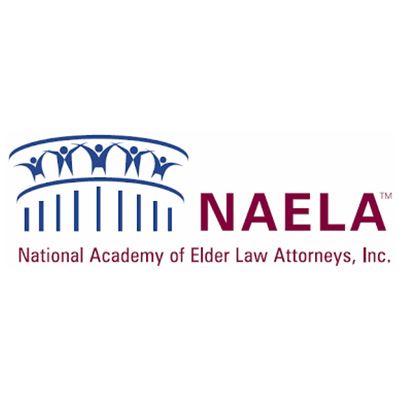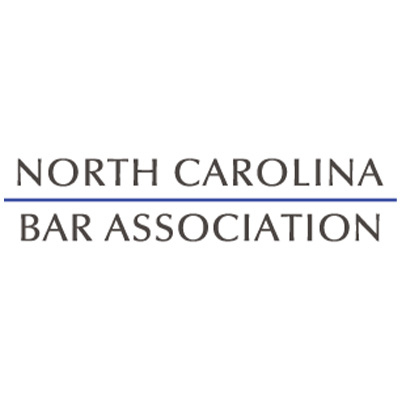
Criminal Law Q&A
Question. How do I get out of jail?
A. After you are arrested, a magistrate will usually either set a bond amount or determine that you may be released upon a written promise to appear in court. The bond could either be secured or unsecured. If you are able to pay the bond, you will be released. If you are charged with a felony and have not been released on bond, you will have a first appearance before a judge within 96 hours of your arrest. At this time, you may ask the judge to reconsider the bond amount. If you are not able to pay your bond, contact a criminal defense attorney for assistance in requesting a bond hearing.
Question. I was convicted of DWI and want to appeal. How does that work?
A. Your conviction would have occurred in criminal district court. You have 10 days to give notice of appeal to Superior Court. In Superior Court, you are entitled to a completely new trial – trial by jury if you prefer.
Question. Does everyone convicted of a DWI go to jail?
A. Not necessarily. There are five levels of DWI offenses, all of which potentially carry active jail time. However, for Level 5, Level 4, and Level 3 DWI offenses, the judge can choose to suspend your entire sentence. If your sentence is suspended, you to not actually service the jail sentence. However, Level 2 and Level 1 DWI offenses do require at least a few days of active jail time (7 days for level 2 and 10 days for level 1). How much more of your sentence is actually served is up to the judge.
Question. What is an arraignment?
A. An arraignment proceeding entails the judge advising the defendant of the charges against him/her and the defendant enters a plea. An arraignment is only held in felony cases and only at the request of the defendant.
Question. My probation officer says he is going to violate me. What does that mean?
A. Your probation officer evidently believes that you have violated one or more terms of your probation. The officer will prepare a violation report for the judge and you will be scheduled for a hearing. The judge will then determine whether you did indeed violate probation and, if so, what the consequences will be. This could include serving some portion of your previously-suspended sentence in jail, addition of new terms of probation, or even revocation.
Question. I have never been in trouble before but just got arrested for felony larceny. What’s the longest I could be sent to jail?
A. Larceny is a Class H felony. Under the sentencing guidelines, someone with no previous convictions could receive a maximum of 17 months unless there are aggravating factors. However, the minimum sentence is 5 months (4 months if there are mitigating factors) and the judge could order that the sentence be suspended.
Question. My boyfriend was arrested for assaulting me but I don’t want him going to jail. Can I drop the charges?
A. No. Although you are the alleged victim, the State of NC is actually prosecuting the case and it is up to the district attorney whether or not to proceed with the case.
Question. I just found out that I am being charged as a habitual felon. What does that mean? Is it a separate crime?
A. Habitual felon is not a separate crime. Rather, it is a status. When you are charged with your fourth felony, the prosecution can attach an additional charge asking that if you are convicted, that you be sentenced as a habitual felon. The State is required to prove that you qualify under the statute as a habitual felon by showing that you have previously been convicted of three felony offenses, and that each conviction occurred prior to the commission date of the next felony offense. If you are found to be a habitual felon, the judge will sentence you at four classes higher. So if you are convicted of a class H felony, you will be sentenced as if you were convicted of a class D felony, which will add many years to your sentence.

Whether you have questions or you're ready to get started, our legal team is ready to help. Complete our form below or call us at (704) 870-0340.
Question. What is a 90-96?
A. A 90-96 is a program for first-time drug offenders that offers certain individuals the chance to complete certain requirements to “earn” a dismissal. To qualify for this program you must never have been convicted of a felony or of any level controlled substance offense. To participate, you must plead guilty but upon successful completion of the 90-96 requirements, you charge is dismissed. Note: while this is a dismissal for criminal law purposes, a 90-96 discharge still counts as a conviction under immigration law.
Question. My boyfriend was just sentenced to two 8 to 10 month sentences to be served concurrently. What does that mean?
A. Concurrent sentences are served at the same time. So in your boyfriend’s case, he will only spend 8 to 10 months in jail, total because he is serving both sentences together. If instead, he had been sentenced to consecutive sentences, he would have to serve the first 8 to 10 month sentence and then serve the second 8 to 10 month sentence for a total of 16 to 20 months.
Question. What kind of criminal cases does your firm handle?
A. The Law Office of Kelli Y. Allen handles a full range of state criminal cases in Mecklenburg and surrounding counties; everything from misdemeanors like possession of drug paraphernalia or DWI to felony offenses like drug trafficking, sexual offenses, or homicide. We currently do not handle cases in federal court. We do not handle traffic infractions or animal abuse cases.

Real Testimonials, Real Cases
-
"You are truly great at what you do and I am so happy you are handling my case."T.F.
-
"They treated us very well and made the process easy."E.L.
-
"Thanks to Kelli and Allison our green card process was painless and stress free."Anonymous








